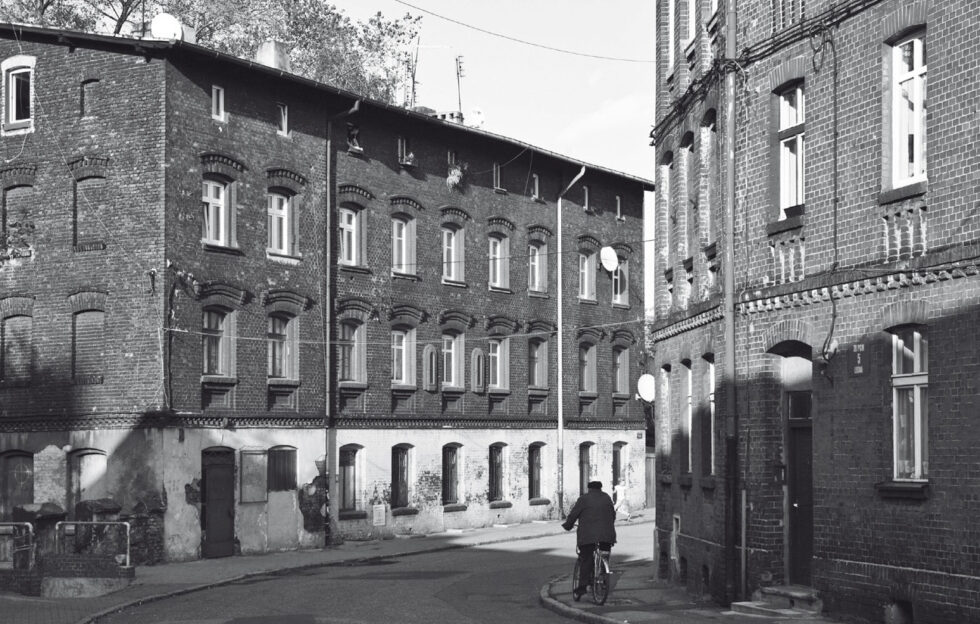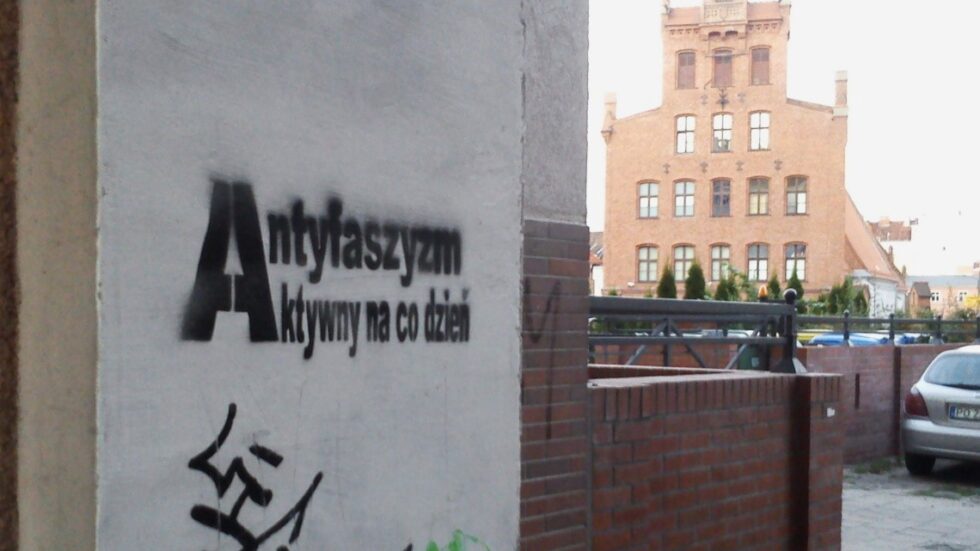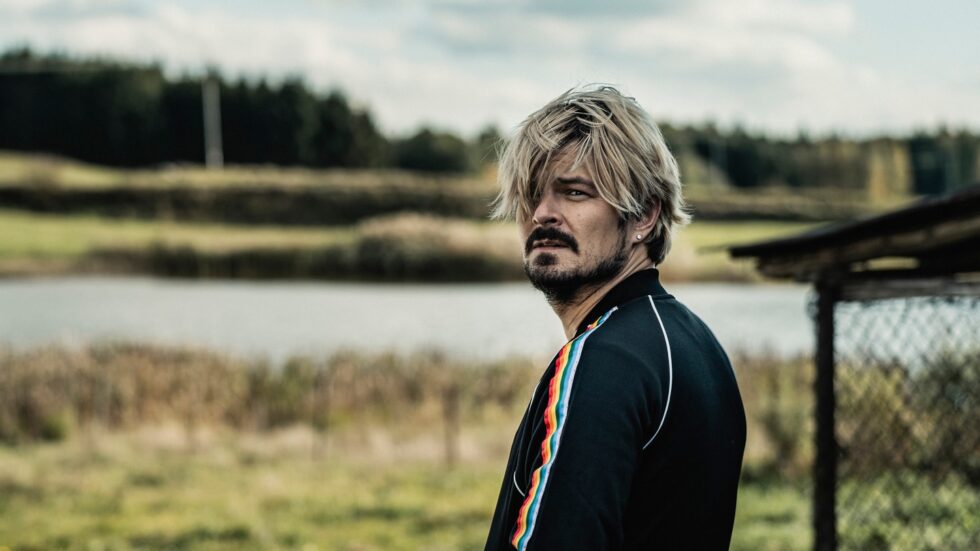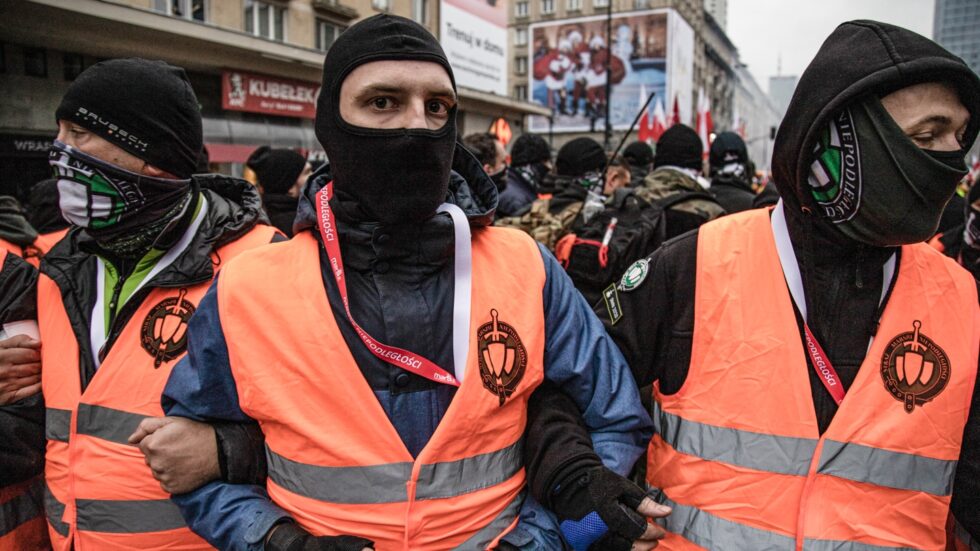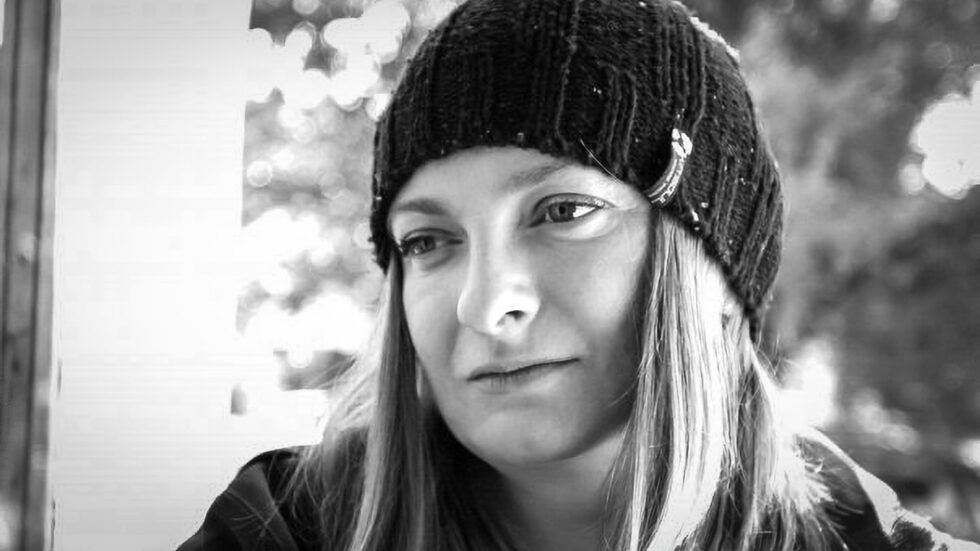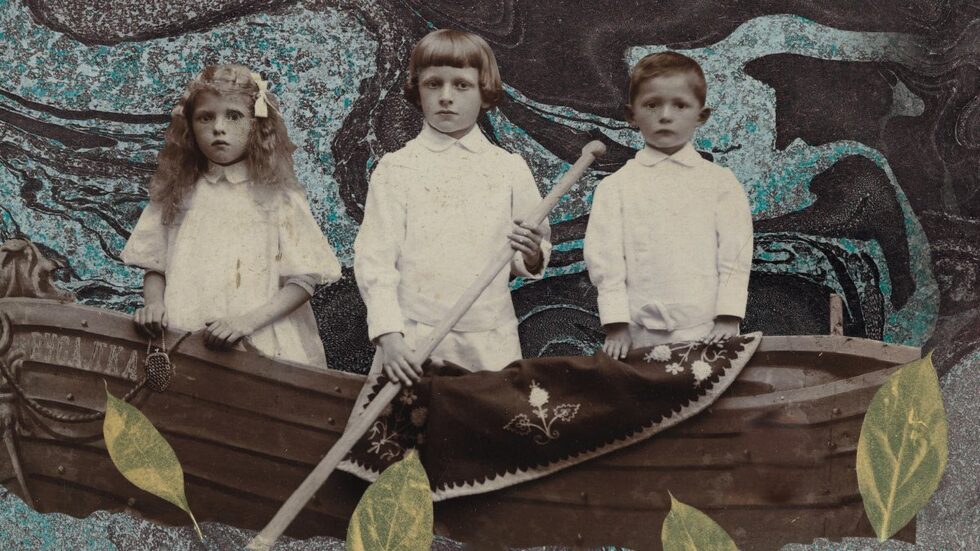Twój koszyk jest obecnie pusty!
🎭 Kultura
Język to dialekt, który ma armię i flotę? Niekoniecznie
Śląski nie jest uznawany za język, tylko za gwarę lub zbiór dialektów, nie ma statusu języka regionalnego. Dlaczego? Kinga Dunin czyta „Kajś” Zbigniewa Rokity i „Gadki” Gastona Dorrena.
Upiory nie były wcale „ludowymi demonami” czy „istotami mitycznymi”. To byli ludzie
Jeszcze pod koniec XIX wieku zdarzało się, że rodzice na łożu śmierci wyznawali swoim dzieciom, że są upiorami i trzeba im po zgonie obciąć głowę. Rozmowa z Łukaszem Kozakiem, autorem książki „Upiór. Historia naturalna”.
Antifa: codzienny antyfaszyzm
Czy faszyści mają prawo do wolności słowa? Fragment książki działacza antyfaszystowskiego Marka Braya.
Mówimy o emancypacji LGBT+ językiem chrześcijaństwa
Staramy się walczyć o to, by „Wszystkie nasze strachy” stały się miejscem spotkania różnych Polsk. Pokaz w TVP na pewno by w tym pomógł – mówi reżyser Łukasz Ronduda.
„Diuna”: Kontrasty nie z tego świata
Czy „Diuna” ma dla nas jakiś przekaz na dzisiaj? Czy jej reżysera interesują wyzwania i kryzysy trzeciej dekady XXI wieku?
Jak działa faszyzm
Korygowanie niesprawiedliwych nierówności zawsze będzie źródłem cierpienia dla tych, którzy na owych niesprawiedliwościach zyskiwali. Fragment książki Jasona Stanleya „Jak działa faszyzm. My kontra oni”.
Strzępka: Nie mam już siły słuchać, że jeśli jestem artystką, to jestem pierdolnięta i rozpieprzę kasę
Rozmowa z reżyserką Moniką Strzępką.
Polska to już krindżowa komedia. Po co nam takie „The Office”?
Twórcy serialu mają dobrą intuicję, ale poziom wstydu i zażenowania generowanego przez polskie elity polityczne jest wciąż poza ich zasięgiem.
Pleśń, wulkany, mrówki i dinozaury
Kinga Dunin czyta „Samosiejki” Dominiki Słowik, „Ognie” Sigríður Hagalín Björnsdóttir, „O mrówkach i dinozaurach” Cixina Liu i „Niebo w kolorze siarki” Kjella Westö.
Rakowski, albo dlaczego w PRL nie było Skandynawii na miarę naszych możliwości
Nie bójcie się pieczęci IPN na okładce tej książki. „Mieczysław F. Rakowski” to kawał politycznej biografii, za którą jego autorowi należą się brawa.

 Wspieraj
Wspieraj 

 Wspieraj
Wspieraj  Wydawnictwo
Wydawnictwo 
 Zaloguj się
Zaloguj się 